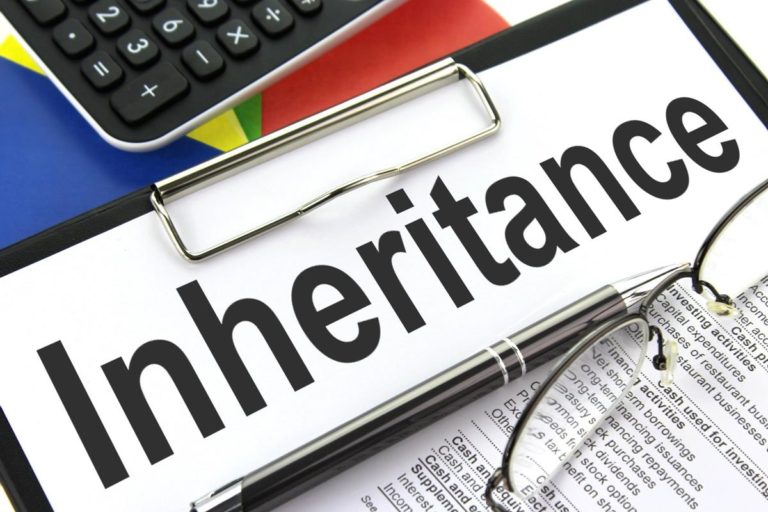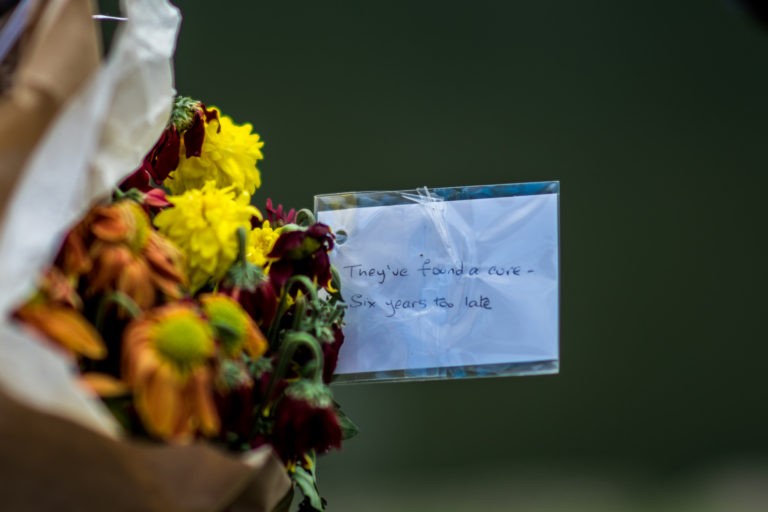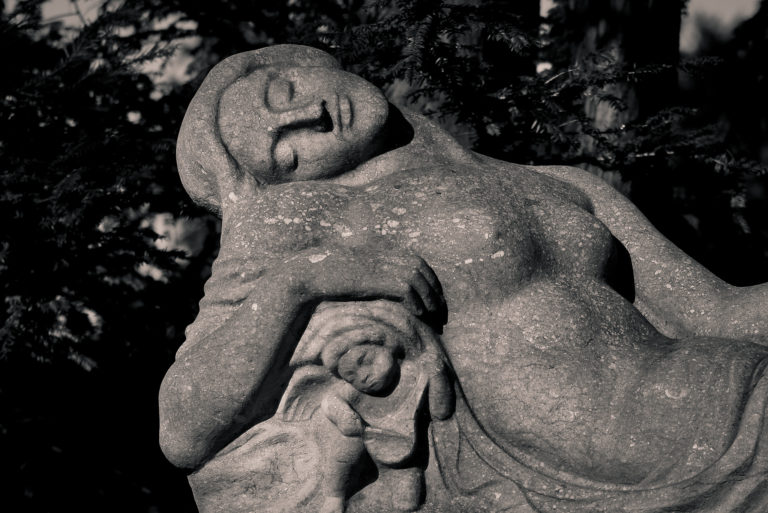The loss of a loved one creates a situation in which we find ourselves scrambling to organise numerous affairs while under extreme emotional duress. Accessing the deceased’s bank account is a complicated but necessary affair. Covering funeral costs can be difficult, therefore it’s necessary to quickly access the deceased’s bank accounts.
Before we begin it is important to remember that cases will vary from individual to individual; therefore it may be necessary for you to contact the Citizens Advice Bureau.
Accessing the bank account of the deceased typically proceeds in three to five steps:
- Discovering whether the deceased left a will
- Discovering who is the executor of the will
- Gathering the correct documents
- Contacting and confirming accounts with the deceased’s bank
- Distributing any discovered funds
Further elaboration follows.
Let us begin by discussing the will
In the UK, if the deceased wrote a valid will then someone (likely a next of kin) will be assigned as the executor. If the deceased didn’t leave a valid will and instead the departed in a state of intestacy than the state will assign an administrator according to predetermined legal guidelines. Under these circumstances, those in control of the deceased’s estate are called ‘the administrator’.
Up to 65% of people do not have a will so this is also a likely, if unfortunate scenario. The executor or administrator is responsible for the legal distribution of the deceased’s estate. You may need to apply for a Grant of Representation to prove you are the executor.
If you have doubts about these titles or your role, we advise you contact a solicitor.
The next thing you need to do is gather your documents. You may need several of the following depending upon circumstances.
- An original death certificate, Coroner’s certificate, or a Fact of Death Certificate
- A copy of the will (if it exists!)
- In the event that there is no will, a Grant of Probate to confirm who the administrator is
- Proof of the next of next of kin’s identity and address
- Your personal identification
Once the executor or administrator is established, and your documents are gathered, the next step is to contact the banks of the deceased. This can be a trickier task than you imagine. Many of us use numerous accounts, and have money stashed away in various places. Luckily there are reputable services that can deal with these issues. Finding a lost account should take no longer than three months.
Once the banks have been contacted, the executor (or administrator) should compare bank statements to any existing financial records the deceased has left behind. Examine cheque books, invoices, bank books, and any other documents carefully.
Finally, once all accounts and financial assets are discovered the executor or administrator is tasked with distributing the deceased’s estates according to the will. In the event that there is no will, the executor can distribute funds at his own discretion.





